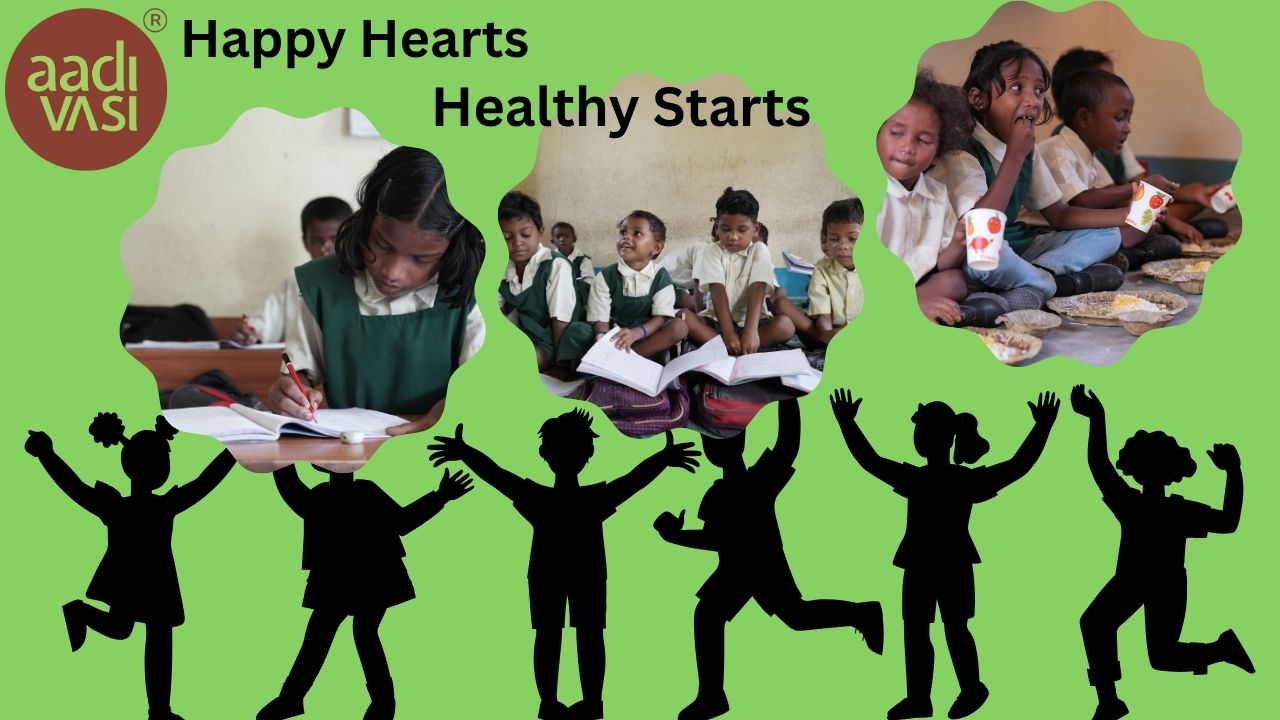Building a Better World for Children: The Legacy of International Children's Day

Building a Better World for Children: The Legacy of International Children's Day
In a world constantly evolving, there are few things as sacred as the well-being of a child. On International Children's Day, the universe pauses to reflect on children's rights, the essence of childhood, and the collective responsibility we hold to ensure that every child grows in a world filled with promise. In many ways, this day is a reminder—a wake-up call to acknowledge that our future is defined by the care we take in shaping the lives of the youngest among us. Institutions like aadivasi.org are examples of how we can align even our corporate gifting efforts to serve this greater cause, for each action taken in their name reverberates in the hearts of children everywhere. Yet, this is not merely a day for celebration—it is a day for action, where we come together to build a world for children, with children’s welfare at its core.
As we reflect on the challenges and triumphs of the child, we must ask ourselves: what does it mean to truly protect children’s rights? In our society, there are still too many children who live without access to proper education, decent healthcare, and the safety they deserve. To truly begin building a better world for children, we must dismantle the systems of oppression that have been built for generations. This task calls for not only awareness but for a tangible, collective shift in how we see and treat our children—those who will inherit the world we leave behind.
But here lies the question—how do we move from reflection to action? International Children's Day offers an invitation to understand that the empowerment of a child is not just the concern of the individual but the collective. The power to empower children lies in understanding that advocating for children means ensuring they grow not just in terms of education or access to resources but in terms of values that shape them as individuals. When we invest in childhood development, we invest in the future of a nation. It is not enough to offer survival; we must offer the chance to flourish. Education for children, their emotional well-being, their voices—all these need to be nurtured.
This, however, cannot be a solitary journey. The future of our children depends not just on one individual, but on a vast network of global children’s advocacy. Governments, institutions, and individuals must all come together to safeguard the interests of children. The well-being of children cannot be left to chance or charity; it must be embedded within policy, within law, within culture. The journey towards ensuring children’s health and well-being is not an easy one. It is long, filled with challenges, and fraught with the weight of inequity. Yet, the legacy of children’s day calls us to continue, undeterred, for it is a day meant not only to celebrate but to reflect on the continuous journey ahead.
The fight for children’s rights is universal. It is not bound by borders, ideologies, or religions. It is a human struggle, fought across continents and cultures, because children's rights are, at their core, human rights. Whether they are in bustling cities or remote villages, the challenges children face are often the same: neglect, abuse, hunger, and a lack of opportunity. The question, then, becomes not "How can we help?" but "How can we act together to create global impact on children?" The answer lies in creating systems that support the vulnerable and in making sure no child is left behind.
As we approach International Children's Day, let us remember that it is more than a symbolic gesture. It is a day to recommit to the values that will shape the future. In focusing on children’s rights, education, and health, we are not just building better futures for children but better futures for ourselves. For as the children thrive, so too does the society that nurtures them.
Ultimately, the legacy of children’s day is about creating a world where children do not simply survive—they thrive. It is about ensuring that future generations of children will live in dignity, filled with the potential to contribute to a more compassionate, just, and healthy world. It is time for all of us to act—not tomorrow, but today—for the future is always shaped by the care we offer the most vulnerable among us: our children.

